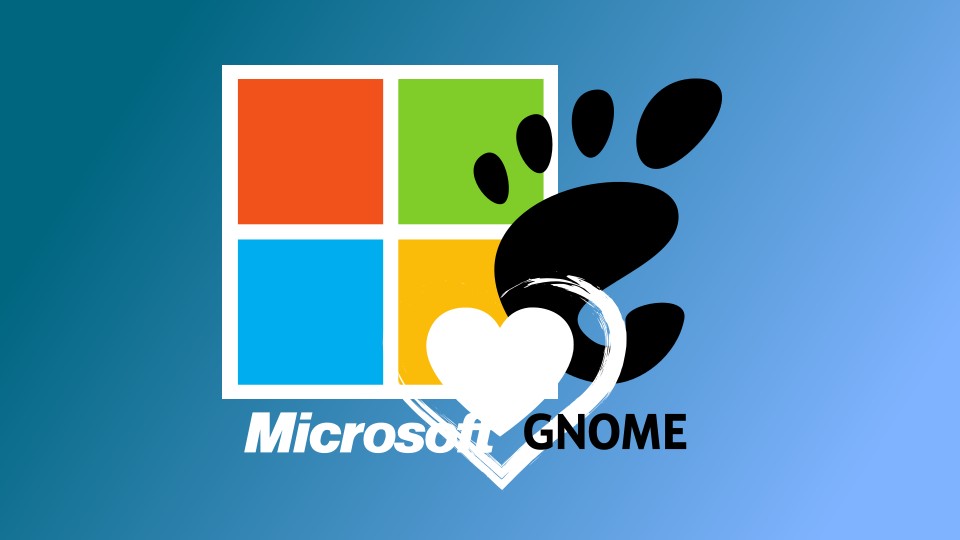FreeBSD is FreeBSD and that's it.
I use it as in a Desktop Environment and yes it still have some issues but it's the way it is.
I use it in one of my laptops, a very old one by the way, because I like this concept of freedom so I'm trying it and its been months and it's still here and running.
The kernel is different but everything else is the same as in Linux, LightDM, Xorg, XFCE and several Ports for other stuff.
I just feel sad I can't natively play Netflix and other DRM stuff, I mean without using Linux emulation libs.
But everything else seems to be working just fine.
I've other laptop with Manjaro Linux / XFCE environment.
Why Manjaro? Because it's a rolling release distro, install it once and that's it, just apply updates.
Why XFCE?
Because I hate Gnome 3 huge interface with its huge round corners, huge buttons, huge windows title bars, huge everything. About 25% (or more) of screen area is occupied by useless space.
Why not KDE instead? This one is easy to answer, I never liked it. Too much customization options in too many menu items and too many widgets, too much CPU, etc.
I just like to keep it simple and that's why I'm trying FreeBSD so I don't have to keep choosing on what is the next Linux distro I will install next time.
So I don't know what is your particular issue on using it as a Desktop, it works to me.
Anyway, just wanted to share this.



